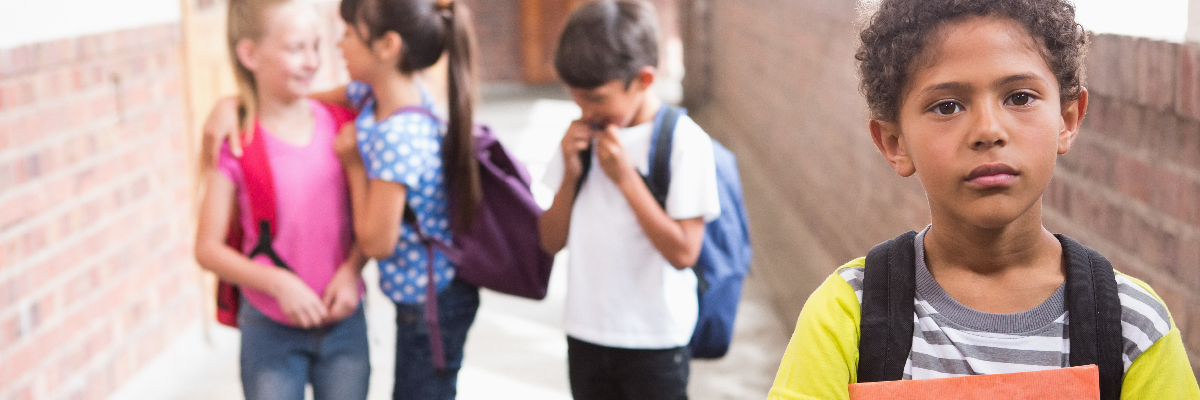
Article at a Glance
Childhood is when we first learn how to build friendships. If we’re lucky, some of those relationships can last a lifetime. Learning how to get along with peers is an important skill. Developmentally speaking, social skills are just as important for a balanced life as good nutrition and exercise. So what do you do if your child is struggling to make friends, shying away, or being rejected by other children?
In most cases, children who are having trouble making friends are going through a normal developmental stage. It’s natural for kids to feel anxious or awkward at times while finding where they fit in. We have all felt the sting of rejection at least once, and most of us will worry at some point about our child’s friendships (or lack thereof).
In some cases, we become concerned about something that is actually a personality difference between parent and child. For example, some children are introverts. Parenting an introverted child can be confusing, especially if you are an extrovert. For introverts, too much social interaction can be exhausting. Introverts need time alone to recharge and typically prefer one-on-one interactions. This is not the same as being shy. Shyness is an inhibition against reaching out to others, even though the desire is there. This inhibition is often based on a fear of social judgment, while introversion is simply a preference for calm environments that aren’t overly stimulating. It is also possible to be both introverted and shy.
Parents concerned about their child having disagreements with friends. Keep in mind, healthy relationships do include some conflict. When children argue, it’s an opportunity for them to practice their social skills like sharing, compromising, and dealing with misunderstandings.
Some children may have a harder time getting along due to learning disabilities or attention disorders. Hyperactivity or impulse control problems can make it hard for some children to take turns, stay on task, or resolve conflicts. Parents can use role-playing to help children practice important skills like paying attention to social cues and recognizing when to follow and when to lead. Consider talking to your child’s pediatrician about additional resources for children with learning or attention challenges.
Invite children to talk about their feelings. Your sympathy and understanding can help them feel less alone. Listen attentively rather than rushing to give advice.
Once they have expressed their feelings, encourage children to find their own solutions rather than fixing the problem for them. You can ask children what steps they think would help the situation and let them brainstorm. Support their good ideas and invite children to put those steps into action. Fostering children’s ability to problem solve will help them to develop healthy relationships throughout their lives.